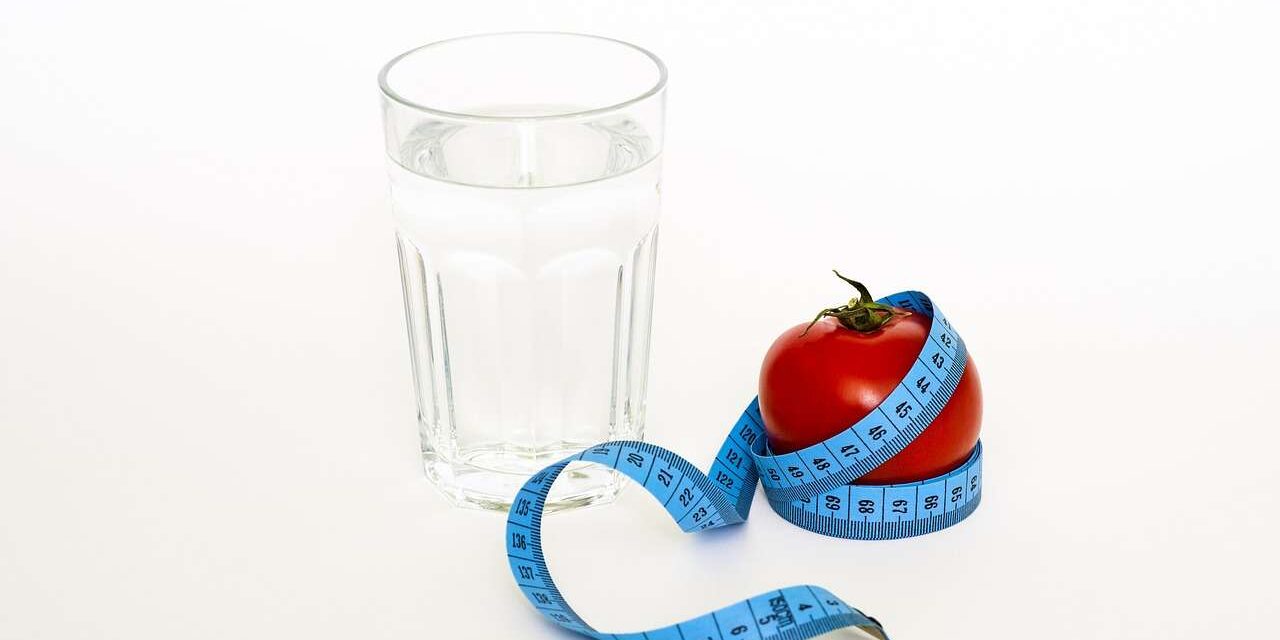Menopause is a natural phase in a woman’s life, typically occurring between 45 and 55 years of age, characterized by the end of menstrual cycles. While it marks a significant milestone, menopause can often bring a spectrum of symptoms, ranging from hot flashes and mood swings to weight gain and sleep disturbances. Diet plays a crucial role in managing these symptoms. In this detailed guide, we will explore diet tips for menopause relief, offering insights into how nutritional choices can help alleviate menopause-related discomforts. This article aims to empower women over 40 with practical, evidence-based dietary strategies to navigate this transition with greater ease and well-being.
Understanding Menopause and Its Impact
Menopause is more than just the cessation of menstruation; it’s a complex biological process driven by hormonal changes, particularly the decline in estrogen and progesterone. These hormonal fluctuations can impact metabolism, bone density, and cardiovascular health, contributing to the symptoms commonly experienced during this phase. A well-balanced diet, tailored to the unique needs of menopausal women, can significantly mitigate these symptoms and promote overall health.
In this section, we will delve into how menopause affects the body and the role diet plays in managing its symptoms. Understanding these dynamics is key to developing an effective dietary approach that supports your body through menopause.
This introduction sets the foundation for exploring specific diet tips that can provide relief during menopause, ensuring you are well-equipped to make informed nutritional choices during this significant life stage.
Dietary Strategies for Menopause Relief
Adapting your diet during menopause can have a profound impact on how you experience this transition. Here are key dietary strategies that can help alleviate menopause symptoms:
1. Phytoestrogen-Rich Foods
Phytoestrogens are plant-derived compounds that can mimic the effects of estrogen in the body, potentially easing menopause symptoms. Foods rich in phytoestrogens include soy products, flaxseeds, sesame seeds, and legumes.
2. Calcium and Vitamin D for Bone Health
With the decline in estrogen, women’s risk of osteoporosis increases. Calcium and vitamin D are vital for bone health. Dairy products, leafy green vegetables, and fortified foods are excellent calcium sources, while vitamin D can be obtained from fatty fish, egg yolks, and supplements.
3. High-Fiber Foods for Weight Management
Menopause often leads to weight gain, particularly around the abdomen. A high-fiber diet, including whole grains, fruits, and vegetables, can help in weight management and improve digestive health.
4. Foods Rich in Omega-3 Fatty Acids
Omega-3 fatty acids, found in fatty fish, flaxseeds, and walnuts, can help reduce hot flashes and are also beneficial for heart health.
5. Adequate Hydration
Staying hydrated is essential. Water helps manage physical symptoms of menopause, such as dry skin, and aids in weight management and digestion.
6. Limiting Trigger Foods
Certain foods can exacerbate menopause symptoms. Caffeine, alcohol, and spicy foods might trigger hot flashes in some women and should be consumed in moderation.
Expert Insights on Nutrition for Menopause
Nutritionists and health experts emphasize the importance of a balanced diet during menopause. Regularly consuming a variety of nutrient-dense foods can help manage symptoms and maintain overall health. Experts also suggest that dietary changes be combined with regular physical activity for optimal health benefits. Additionally, they recommend consulting with a healthcare provider or a registered dietitian to create a personalized nutrition plan that addresses individual health needs and symptoms.
By incorporating these expert insights and dietary strategies, you can effectively manage menopause symptoms and maintain a healthy, active lifestyle during this transition.
Summary and Key Takeaways
As we conclude our exploration of diet tips for menopause relief, let’s summarize the crucial points and actionable advice to help you manage this natural transition with greater comfort and well-being:
Integrate Phytoestrogens into Your Diet
Including phytoestrogen-rich foods like soy products, flaxseeds, and legumes can help balance hormones and alleviate menopausal symptoms.
Focus on Bone Health
Calcium and Vitamin D are vital for maintaining bone density during menopause. Incorporate dairy products, leafy greens, and fortified foods, along with sunlight exposure and supplements as needed.
Maintain a High-Fiber Diet
A diet rich in fiber from whole grains, fruits, and vegetables can aid in weight management and improve overall digestive health.
Incorporate Omega-3 Fatty Acids
Omega-3s found in fatty fish, flaxseeds, and walnuts are beneficial for reducing hot flashes and supporting heart health.
Stay Hydrated
Regular hydration is essential for managing physical menopause symptoms and overall health.
Monitor Trigger Foods
Be mindful of caffeine, alcohol, and spicy foods, which may trigger or exacerbate menopause symptoms for some women.
Consult Health Professionals
Seek guidance from healthcare providers or dietitians to create a diet plan tailored to your specific menopause symptoms and health needs.
Final Thoughts
Menopause is a significant phase in a woman’s life, and managing its symptoms through diet can profoundly impact your quality of life. Embracing these diet tips can help you navigate menopause with more ease and confidence.








